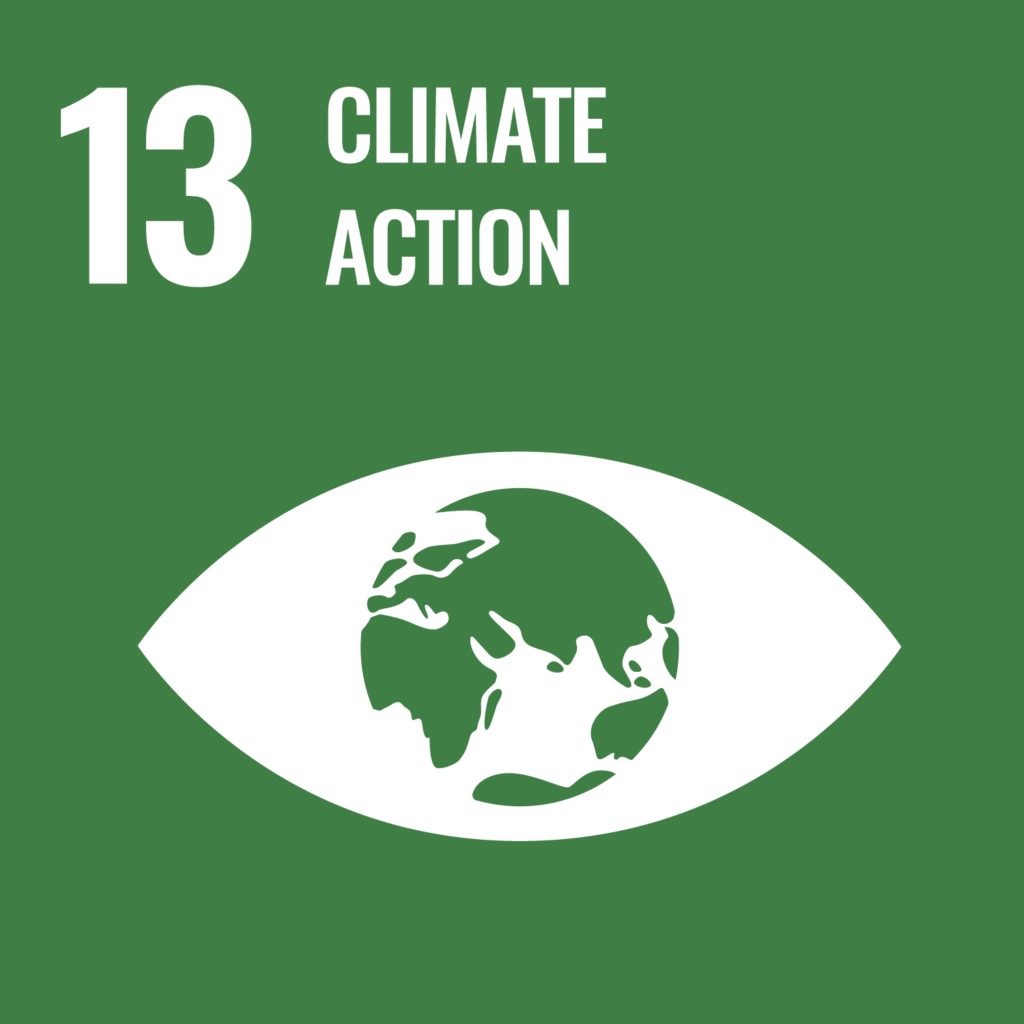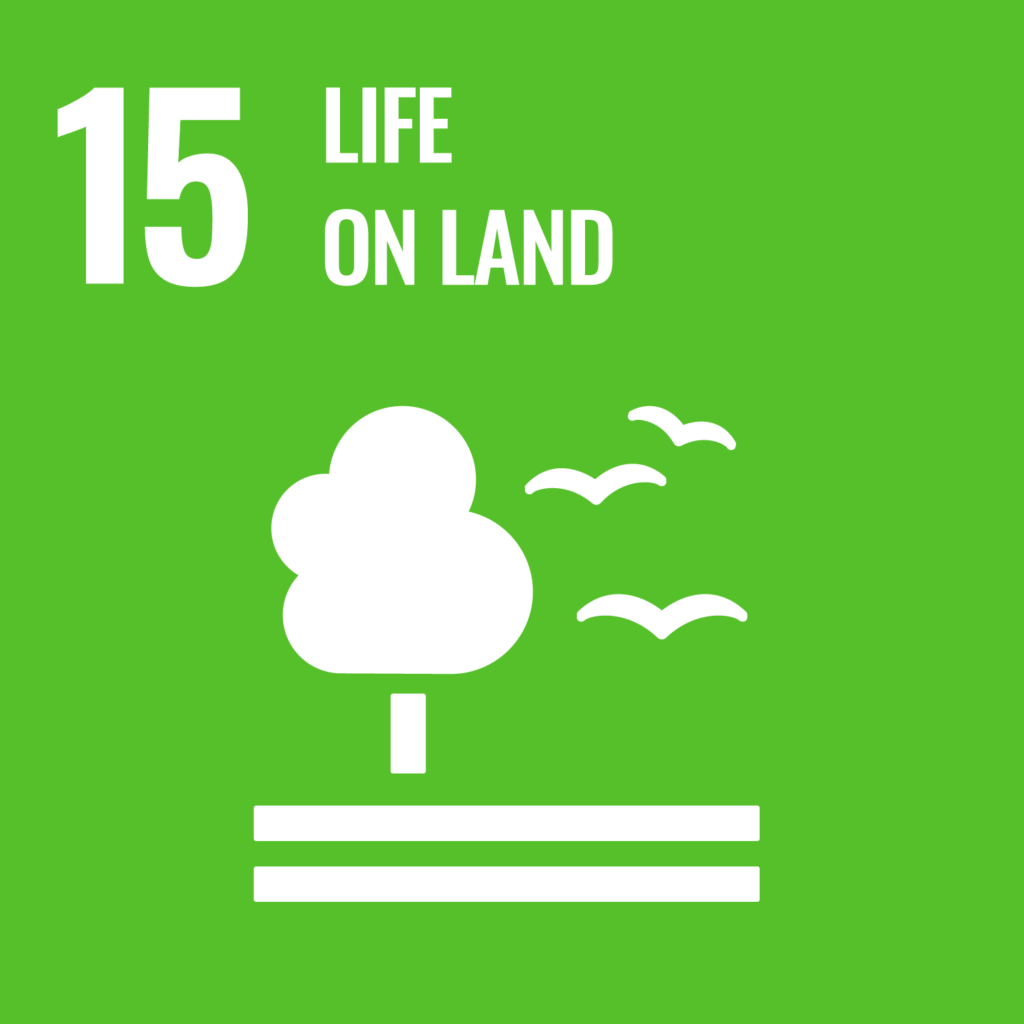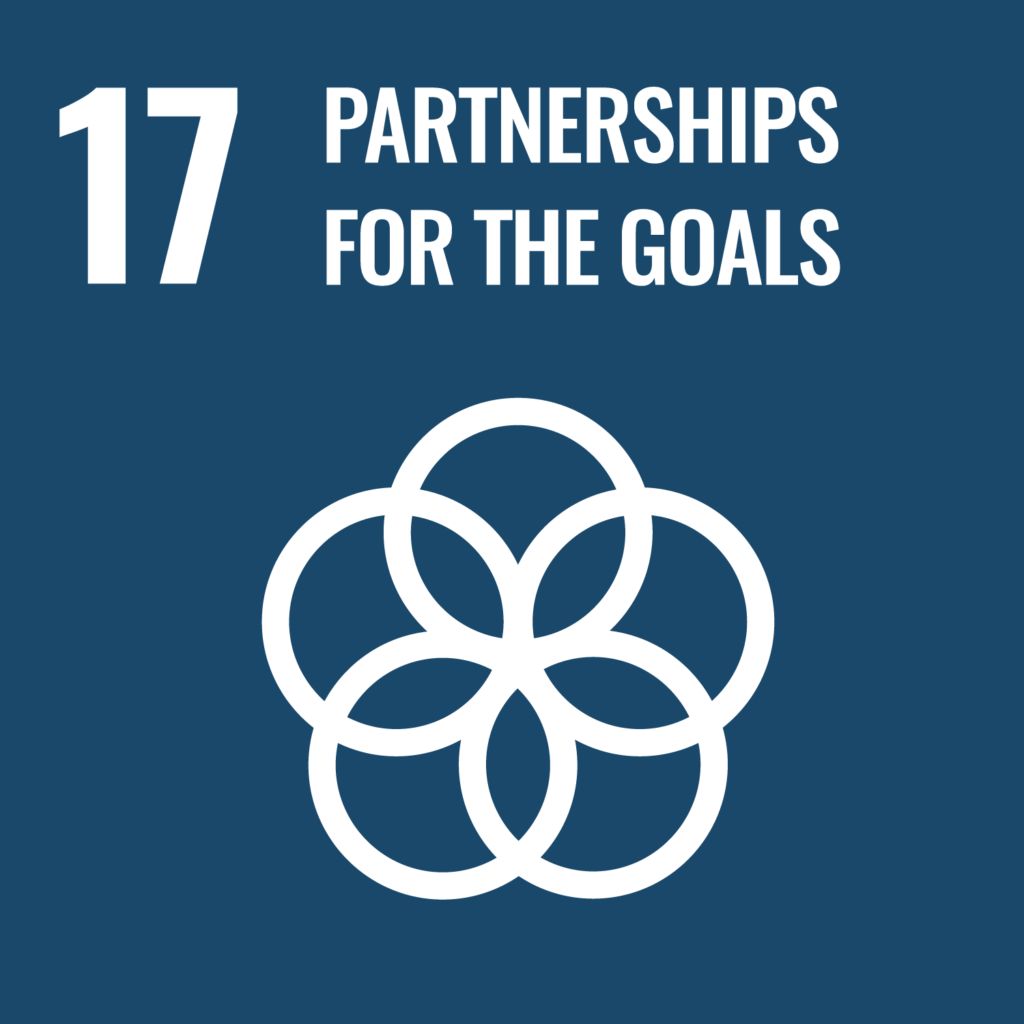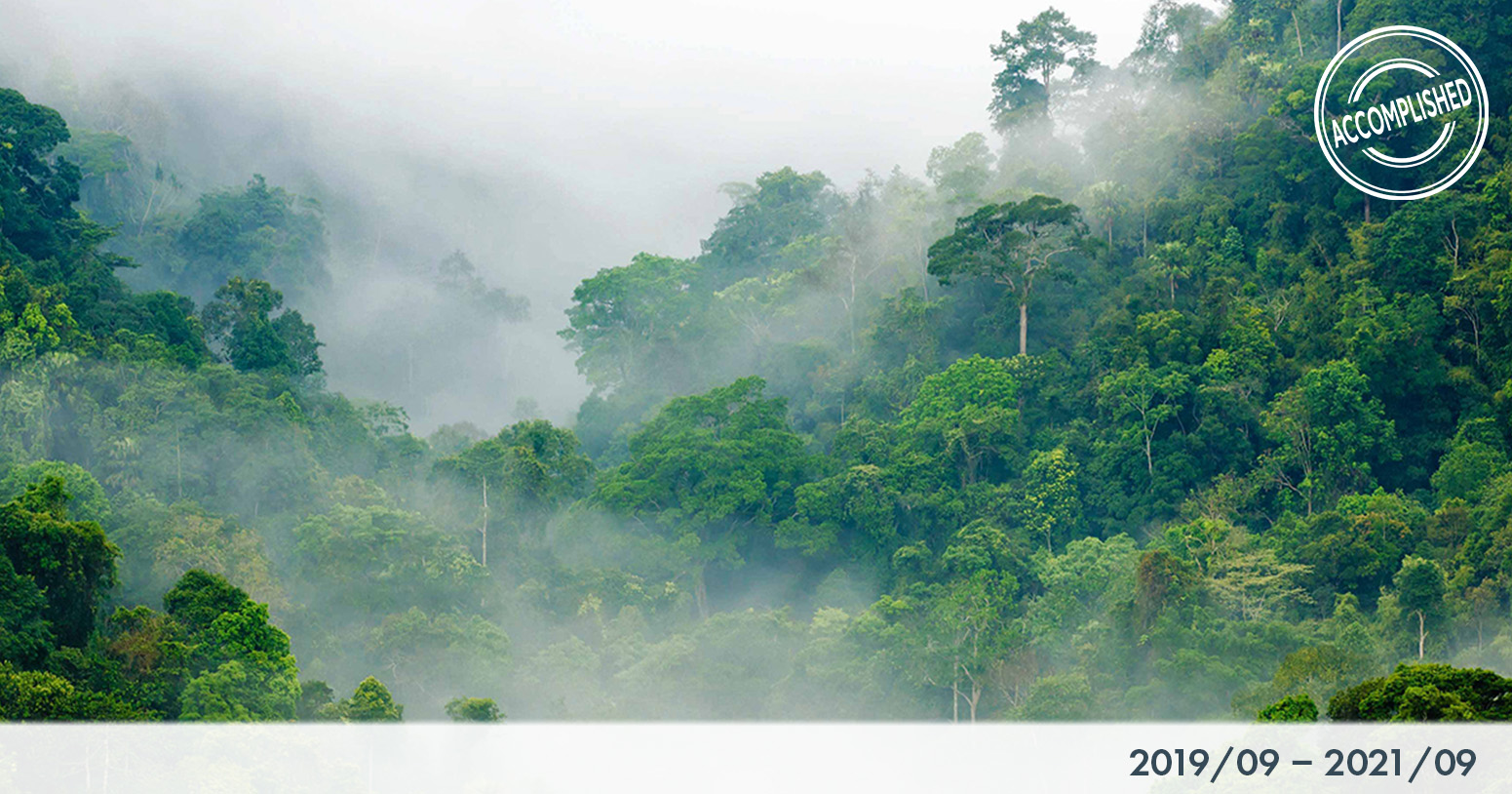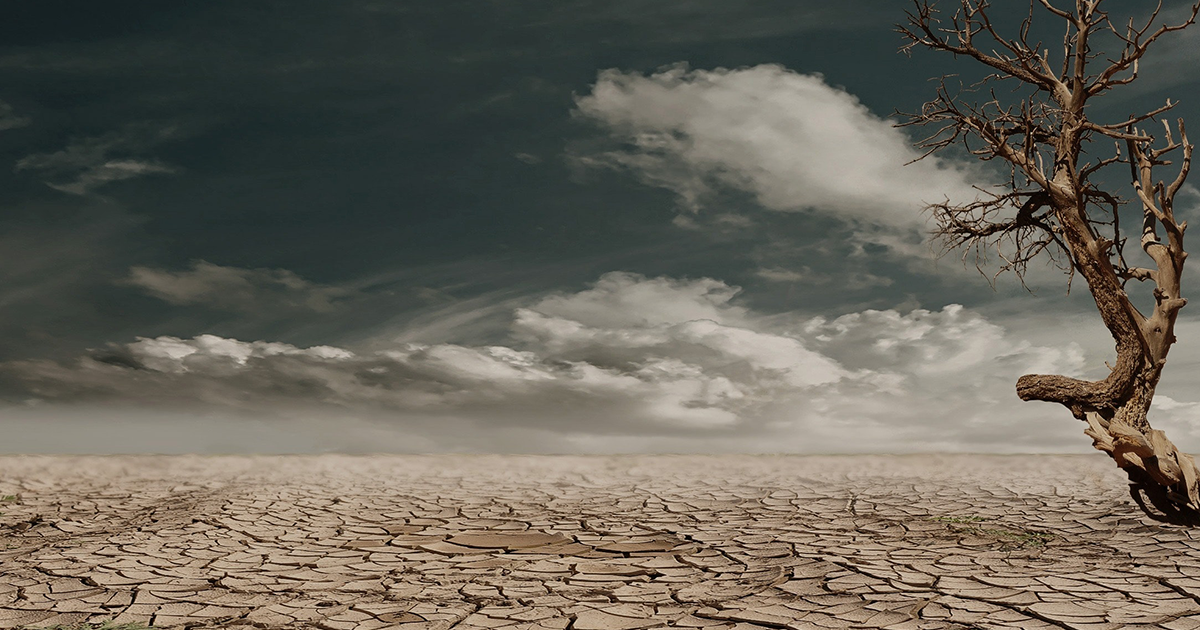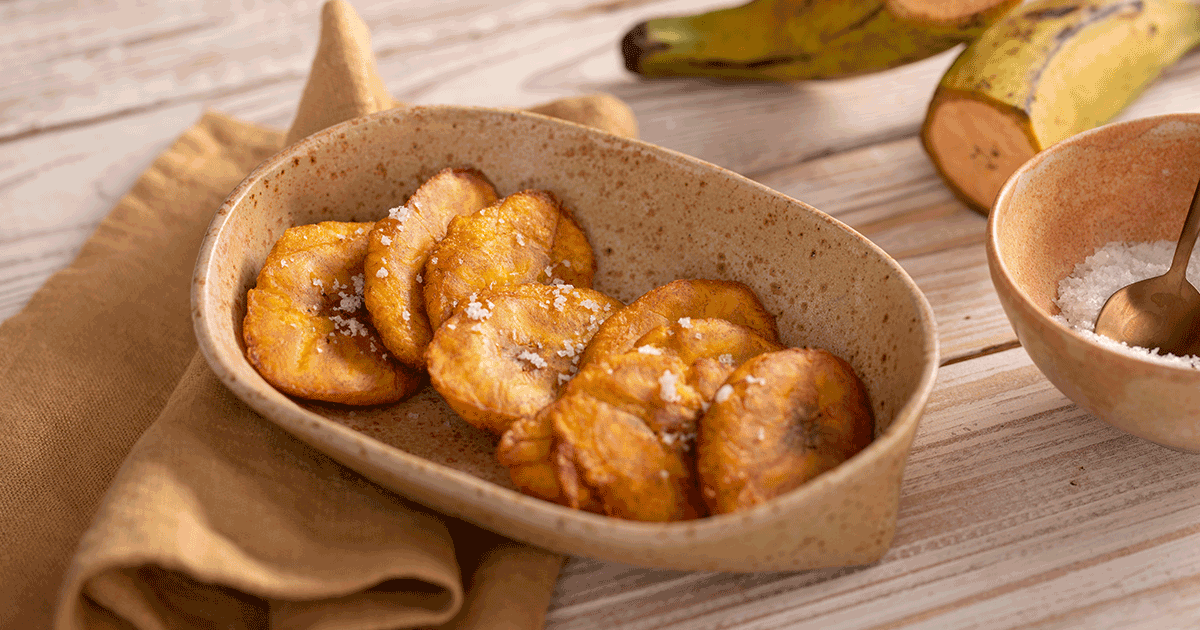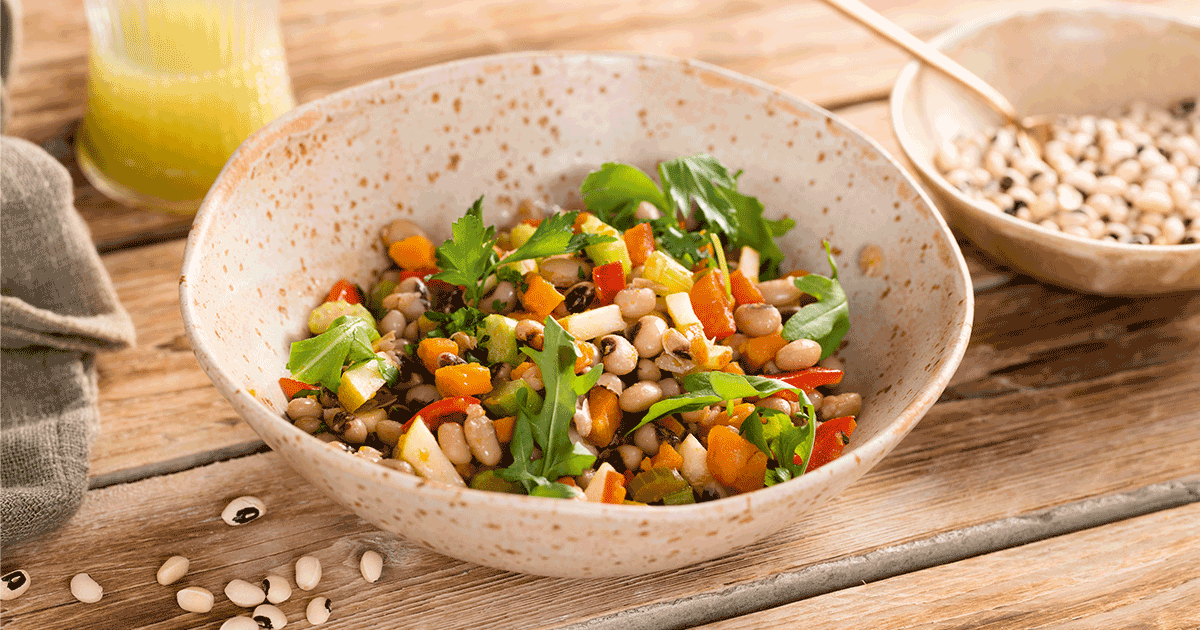Approximately one fifth of the global greenhouse gases are caused by deforestation and other damages done to the forests. When trees are burnt down, they can no longer bind carbon dioxide, and the CO2 absorbed in the past is being released. For this reason, it is of utmost importance to take care not only of reforestation, but of putting a stop to the continuous loss of forests as well.
Trees as climate saviours?
The reduction of emissions is still the most crucial aspect of climate protection. But trees are important, too, because of their ability to bind CO2. During the process of photosynthesis, they absorb carbon dioxide from the earth’s atmosphere and convert it into carbon compounds and oxygen, storing the CO2 in the tree’s branches, trunks, leaves and roots. The volume of CO2 stored in each tree depends on the mass and density of its wood. The age of the tree, too, plays a big role because very young forests store a lot less CO2 than old forests. A true storage hero is the tropical forest. It grows much faster than the forests here in Europe and therefore needs less time to bind more CO2.
This is where our forest protection project Madre de Dios in Peru comes in which, through our partner ClimatePartner, receives 50% of our compensations. This project is very close to our hearts, and not only because of its geological proximity to our Peruvian banana producers.
Protection of an endangered piece of the Amazon
The region Madre de Dios is part of the Vilcabamba-Amboró corridor, a large area with the highest biodiversity worldwide. Here you can find endangered species such as the jaguar, puma, and howler monkey as well as several indigenous tribes, some of whom have never been in contact with civilisation before.
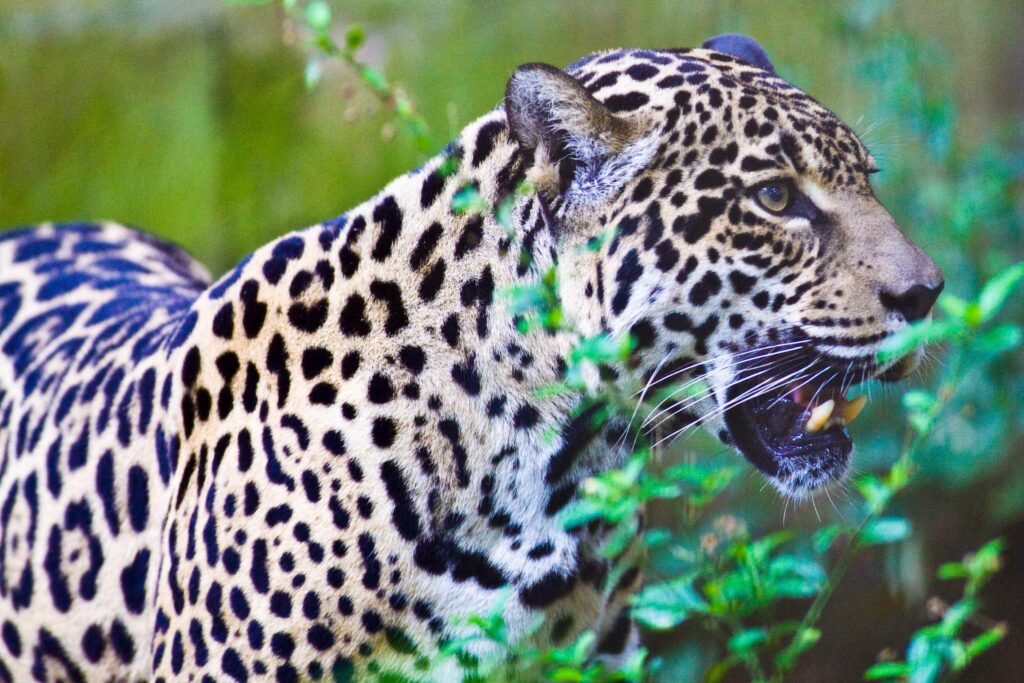
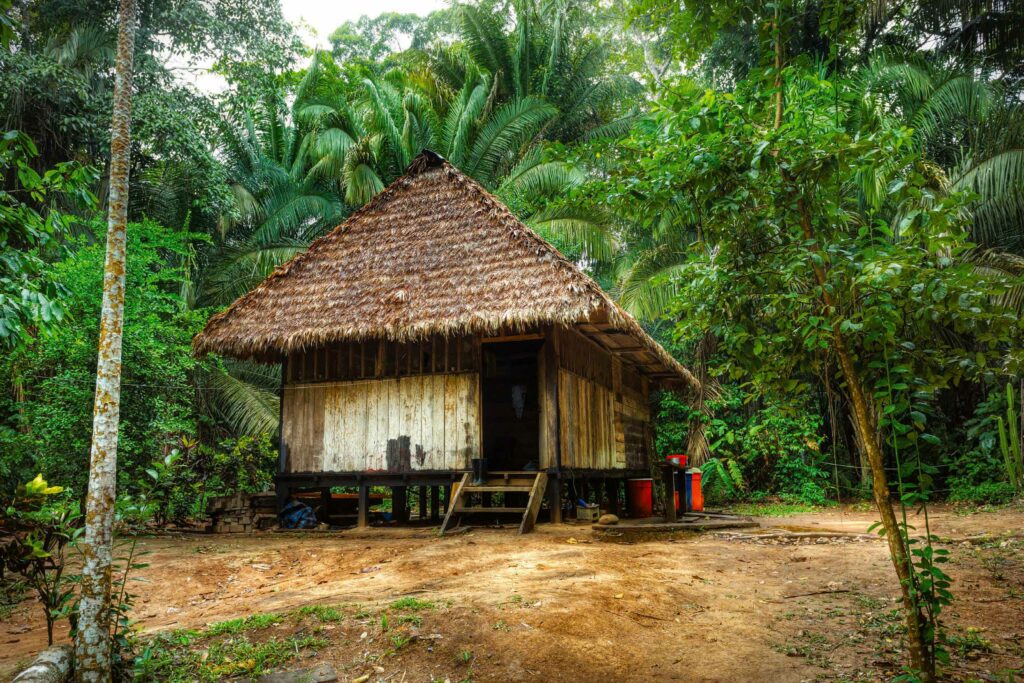
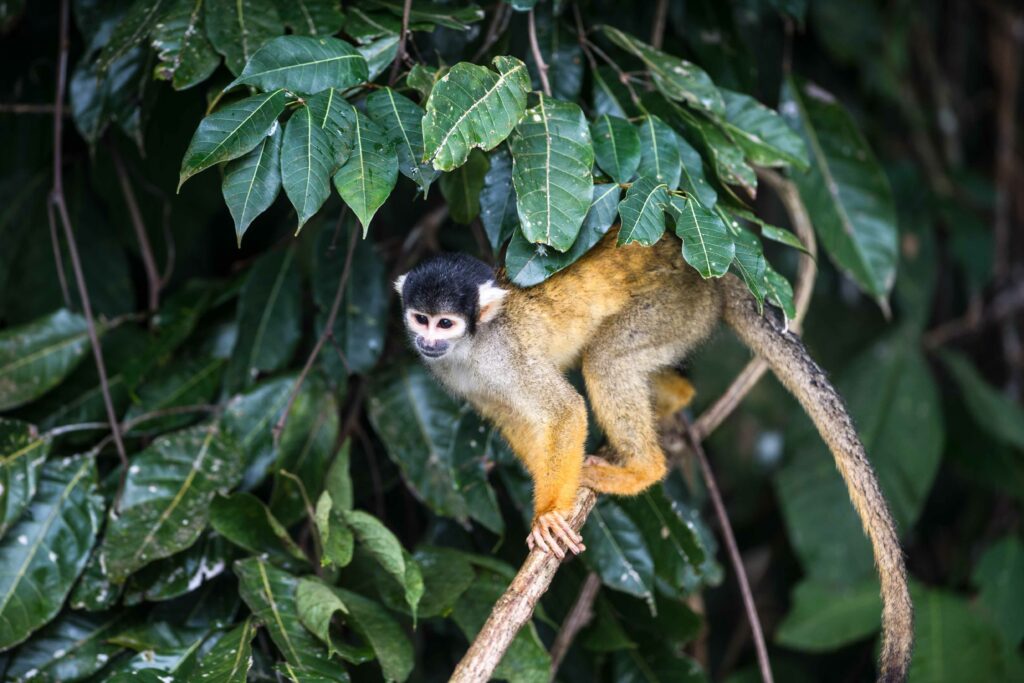
But their habitat is under threat, among other things by a road building project which shall link the Atlantic with the Pacific coast by a road that goes right across South America from Brazil to Peru. The construction will not only make immigration into this ecologically sensitive area easier, but will also lead to related developments such as agriculture, livestock breeding, and massive forest clearances. The finished section in Brazil already shows some of these developments and their effects. Opposition groups in Peru such as environmentalist and indigenous people, however, have so far been able to prevent completion of the Peruvian section.
The forest protection project in detail
Since 2009, the climate protection project Madre de Dios has been protecting an area of 100,000 hectares and helps the local communities to manage it in a sustainable manner with the help of alternative sources of income and education opportunities. The project’s aim is to preserve the forest in the long term and ensure that the people attribute more value to its protection than to its clearance.
The project has the gold status certification of the Climate, Community & Biodiversity Standard (CCBS) as well as the Verified Carbon Standard (VCS). Its contribution to climate protection and the preservation of biodiversity is very big indeed. Thanks to this project, 660,000 tons of CO2 are absorbed from the atmosphere every year. It protects the enormous diversity of species in the threatened Amazon rainforest and, in addition, offers a significant benefit to the local communities by strengthening their awareness of environmental issues through high-quality education.
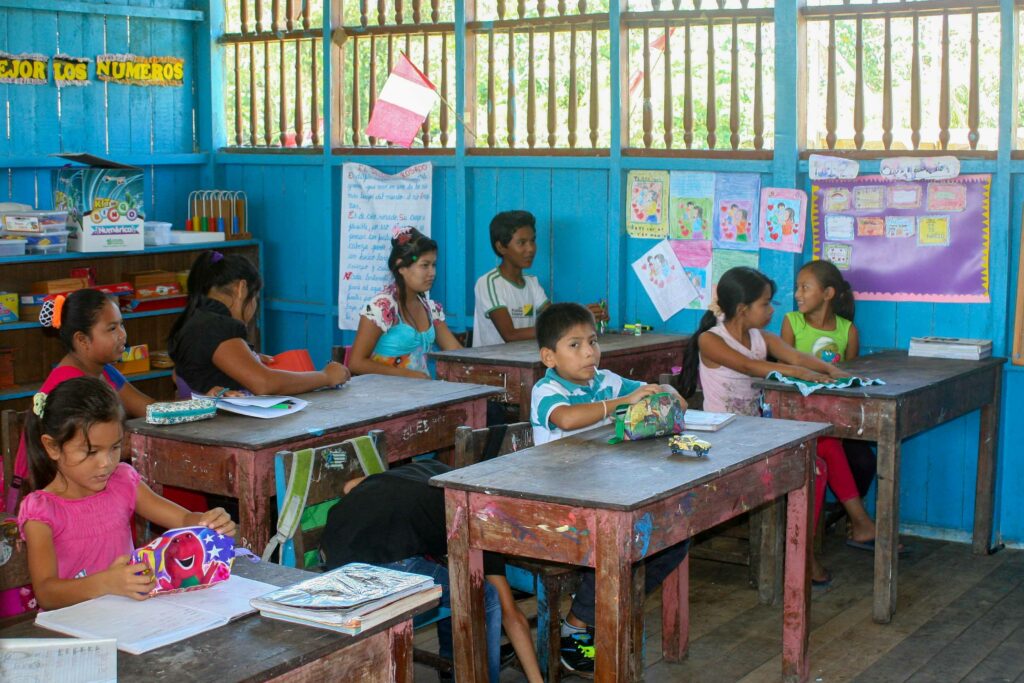
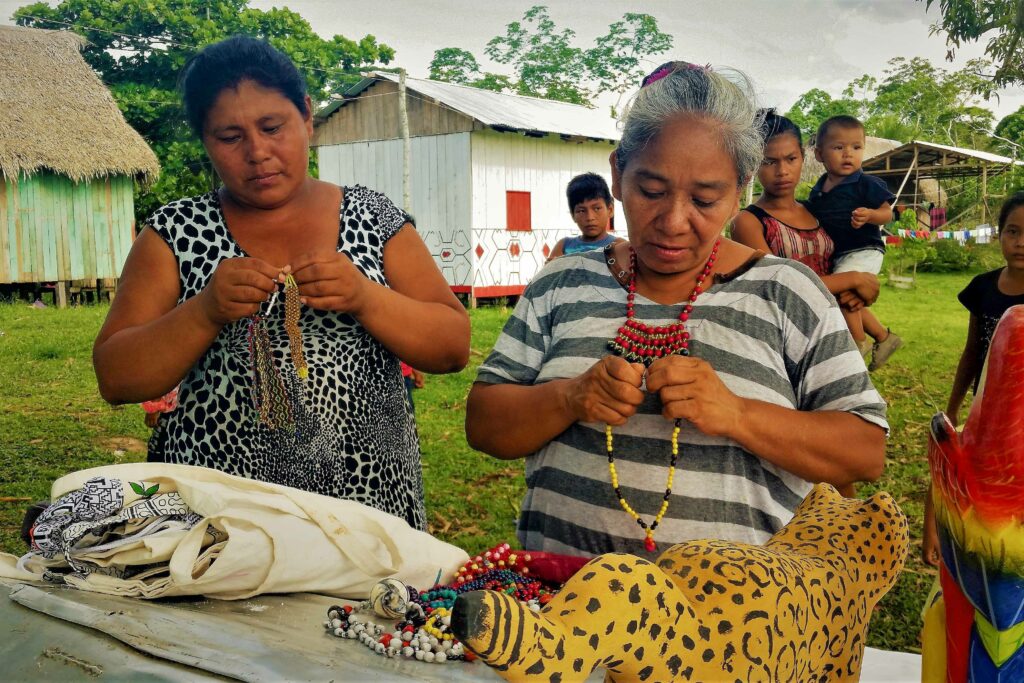
New sources of income, e.g. in the form of a handicraft project for women, offer viable alternatives to deforestation, and the people receive support for medical, IT, and mobility issues as well.
You would like to know what your support could be? Learn more about the contribution you make when you buy our climate neutral products.
Our carbon offset projects are in line with many SDGs. This project focuses on:
